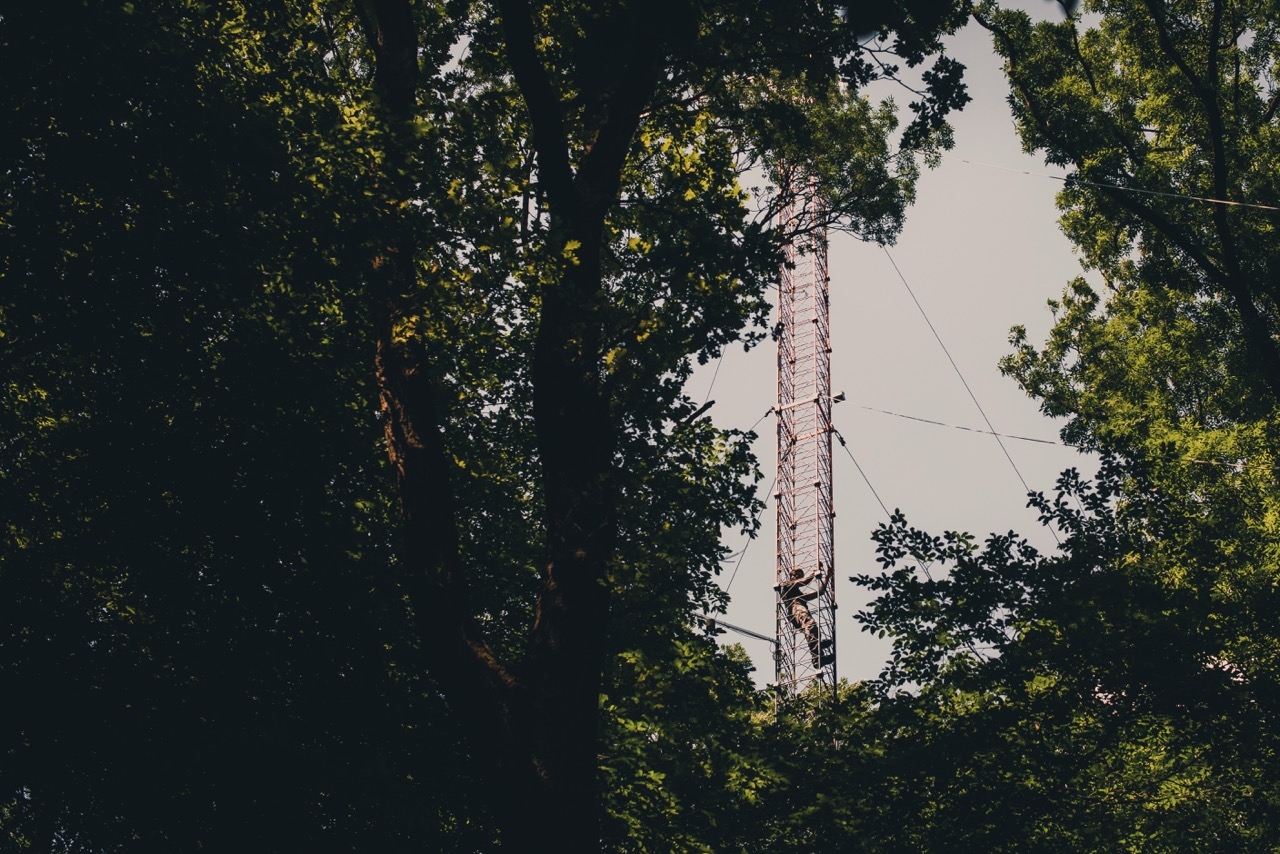
At this year’s GEO Global Forum 2025, ICOS reaffirmed its commitment to the shared goals of the Group on Earth Observations (GEO) — an international partnership working to build an open, inclusive, and coordinated global system for Earth observation. The occasion marked the release of a joint statement highlighting the critical role of high-quality, accessible data in tackling climate and sustainability challenges.
ICOS plays a vital part in this global effort by producing and providing open, high-quality measurements of greenhouse gas concentrations and fluxes across the atmosphere, land, and ocean. These data are fundamental to multiple communities within GEO. ICOS is also actively contributing to GEO’s ambition of reducing data gaps in under-observed regions.
The joint statement included testimonials on the various ways ICOS contributes to the goals of GEO. The published testimonials can be found below.
KADI project intensifies ICOS cooperation with Africa
"With the Knowledge and Climate Services from an African Observation and Data Research Infrastructure (KADI) project, ICOS intensifies its cooperation with Africa. The GEO Post-2025 Strategy’s emphasis on co-design, digital infrastructure, open and FAIR data echoes the core values of KADI. ICOS is committed to ensuring that African-led knowledge systems are central to the next generation of EO services. At the Climate Chance Europe-Africa Summit in Marseille (April 2025), KADI presented its deeply collaborative activities, aiming to shift the center of gravity of climate research toward African ownership, leadership, and innovation."
Dr. Theresia Bilola Project manager of the KADI project
Possible ways to certify carbon farming are explored in IRISCC
"The EU has established a certification framework for permanent carbon removals and carbon farming (CRCF regulation). In the Integrated Research Infrastructure Services for Climate Change Risks (IRISCC) project, ICOS has, together with various stakeholders, categorized risks related to carbon farming and possible certification schemes. These risks can add up and severely reduce the potential of measures initially taken to enhance carbon sequestration. The work highlights the need for digital tools providing monitoring capabilities and common, openly available data sets able to assess the schemes. ICOS is ready to contribute to such a data pool, e.g. with in situ flux data benchmarking models and supporting their improvement."
Dr. habil. Werner L. Kutsch Director-General of ICOS ERIC
NUBICOS: Aligning ground based and satellite observations
“ICOS and the European Space Agency (ESA) are exploring opportunities to join forces to combine in situ and satellite measurements for calibration/validation (cal/val) activities, to ensure the accuracy, reliability and consistency of satellite data. ESA currently funds cal/val campaigns, but ICOS data gives ESA the benefit of using near-real-time, long-time series and quality-controlled intercomparable measurements at several locations in Europe and beyond. ICOS is also ready to improve the routine measurements in order to match satellite requirements – a gap analysis is currently underway in the framework of the New Users for a Better ICOS (NUBICOS) project.”
Dr. Elena Saltikoff Head of Operations & Coordinator of the NUBICOS project
ICOS stations as a vital building block of the surface ocean carbon value chain
“Ocean CO₂ uptake varies significantly in time and space and needs a network of high-quality continuous measurements to monitor and predict these variations. The ICOS ocean stations, along with other merchant and research vessels, moorings, sail boats and uncrewed surface vehicles, are the background of the Surface Ocean CO₂ Observing Network (SOCONET). It is the corner stone of a value chain that delivers data, e.g. to the community-driven data quality control and synthesis element known as the Surface Ocean CO₂ Atlas (SOCAT), which is, in turn, used for global decision-making. The alarming decline in ocean CO2 observations in recent years underlines the role of ICOS in supporting the surface ocean carbon value chain.”
Dr. Sindu Raj Parampil Scientific Integration Officer